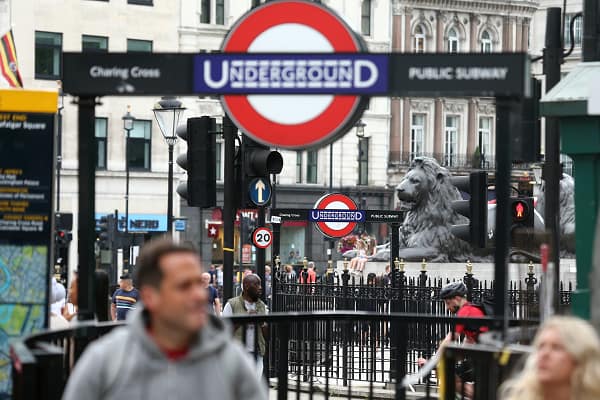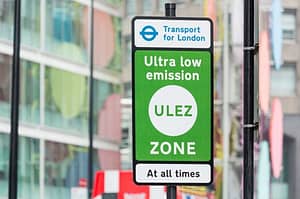Londoners have seen a dramatic drop of 44% in their disposable income since 2022, meaning they are now the city with the second lowest disposable income in the UK, according to new research by personal finance comparison site finder.com.
While residents in the capital would have had £886 to spare in 2022, they now have just £500 a month left over in their bank accounts. When totalled up over a year, this is a difference of £4,630 in disposable income.
Plus, while disposable income in London was higher than the national average in 2022, it is now 36% lower than the UK average of £782 a month.
Salaries in London remain the highest of the UK cities, but high rent prices and daily living costs have made it far more expensive to live in the capital. The average Londoner is shelling out £2,196 a month on rent and other essentials.
The analysis compared the average salaries of each city against rent costs and other standard monthly outgoings for 38 UK cities to find who has the most, and least, disposable income, and which cities have seen the biggest change since 2022.
Nottingham residents have the least disposable income in the UK
Those living in Nottingham have an average of just £482 to spend (or save) per month after tax, bills and general (essential) outings such as travel and food. This is 38% below the national average of £782 per month.
Salaries in Nottingham were among some of the lowest in the cities analysed, but they still had higher living costs than 16 other cities.
Meanwhile, Colchester locals can enjoy disposable income of £1,100 a month, 41% higher than the national average.
Kate Steere, banking expert at finder.com, said, “People across the UK will be feeling the strain this year as the average disposable income is down by over £1000 a year when compared to 2022.”
“Although wages in London are higher than elsewhere, this has not been enough to keep pace with high rent prices and living costs in the capital, meaning those in London have a lot less to save for their future or spend on enjoying themselves each month.”
“If you are struggling with a limited amount of disposable income, you can consider using a budgeting app or getting a digital bank account that helps you track your spending and create money pots.
“You can also take advantage of offers like current account switching deals to make a little extra cash. With any money you can save each month, make sure it’s working hard for you by getting the best rates out there.”






Leave a Comment